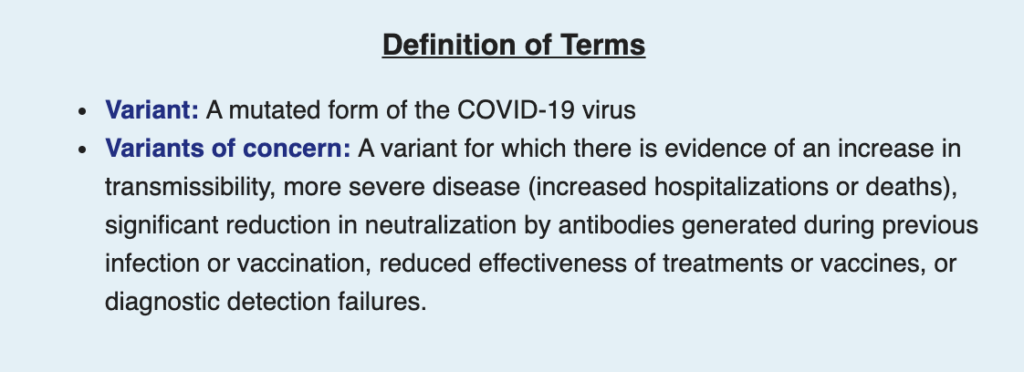Health Equity and Vaccination Rates: What Will it Take?

The Spring 2021 Newsletter was dedicated to what is the public health decision of a lifetime for adults in the United States – whether to receive a vaccination for COVID-19.
We are in the midst of the largest public health crisis in a century and are at the stage in which we are in a race between the spread of variants of concern and vaccine administration. Theoretically, the more people who are vaccinated against COVID-19 and its current variants, the faster we are able to get COVID will get under control and limit the potential for new variants to emerge. From April 19th, 2021, vaccination scheduling will be open to all adults in Massachusetts. In this issue, we will briefly cover how the vaccine works and answer common questions regarding the COVID-19 vaccines which may prepare you before you book (or decide to book) your vaccine appointment.

Here in the U.S., we are currently within a window of opportunity to achieve a rate of vaccination that protects against a fourth wave of the virus. Even if we do achieve this, however, we know that rates of vaccination are currently lower in communities of color and this is cause for deep concern. In this issue Dr. Margarita Alegria, Ph.D. provides insights regarding what we need to do to understand and address these disparities in the LatinX community. We also highlight the ongoing discourse, designed to listen and respond to community concerns, spearheaded and facilitated by Reverend Liz Walker of the Cory Johnson Program and Social Impact Center founded at The Roxbury Presbyterian Church, located in Roxbury, MA. In an effort to capture a bit of a global perspective, we widen our lens and capture the challenges of COVID recovery in Nepal.
As healthcare providers, we know that factual information alone rarely produces a change in health behaviors. People largely make decisions about their health by watching the behavior of their social network; in fact, knowing someone who has gotten the vaccine is associated with wanting to get the vaccine. In this issue, Valeria Chambers, CPS and Dr. Oliver Freudenreich, MD, write about their experiences of receiving the vaccine.
“…People largely make decisions about their health by watching the behavior of their social network; in fact, knowing someone who has gotten the vaccine is associated with wanting to get the vaccine…”
We may also soon be entering into a phase where businesses require proof of vaccination to be permitted into businesses such as restaurants, concerts, or sporting events, which if instituted may motivate some who were hesitant to decide to get the vaccine. However, for some people, getting the vaccine requires overcoming significant barriers. Some of these are tangible, such as transportation difficulties, childcare responsibilities, work demands, or difficulties using or accessing technology to schedule a vaccine appointment. It is incumbent on leaders to understand and respond creatively and flexibly to these challenges. Other barriers have roots in mistrust of institutions—the government, the medical system—the validity of this mistrust much be voiced, heard, and acknowledged if we are to overcome them and achieve health equity in vaccination rates.

Cori Cather, PhD
Center Director, MGH COE
https://www.mghcoe.com/